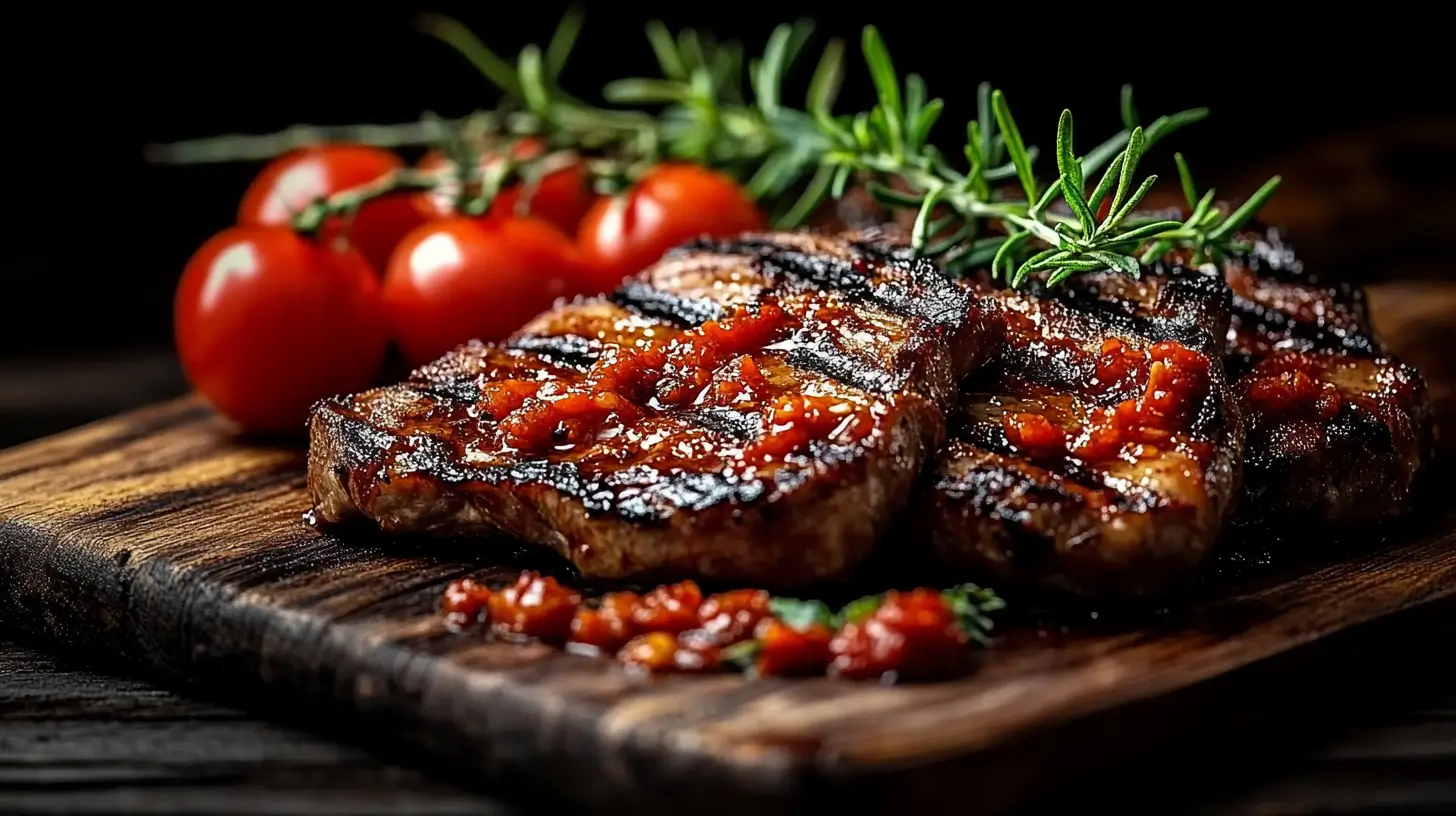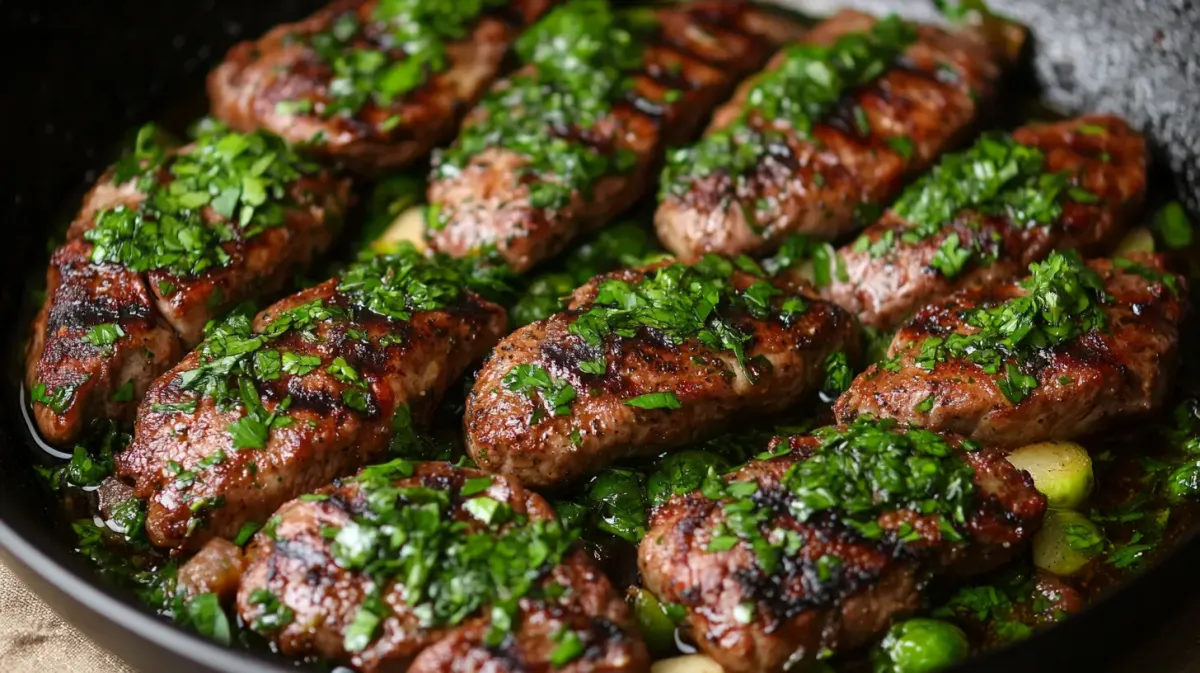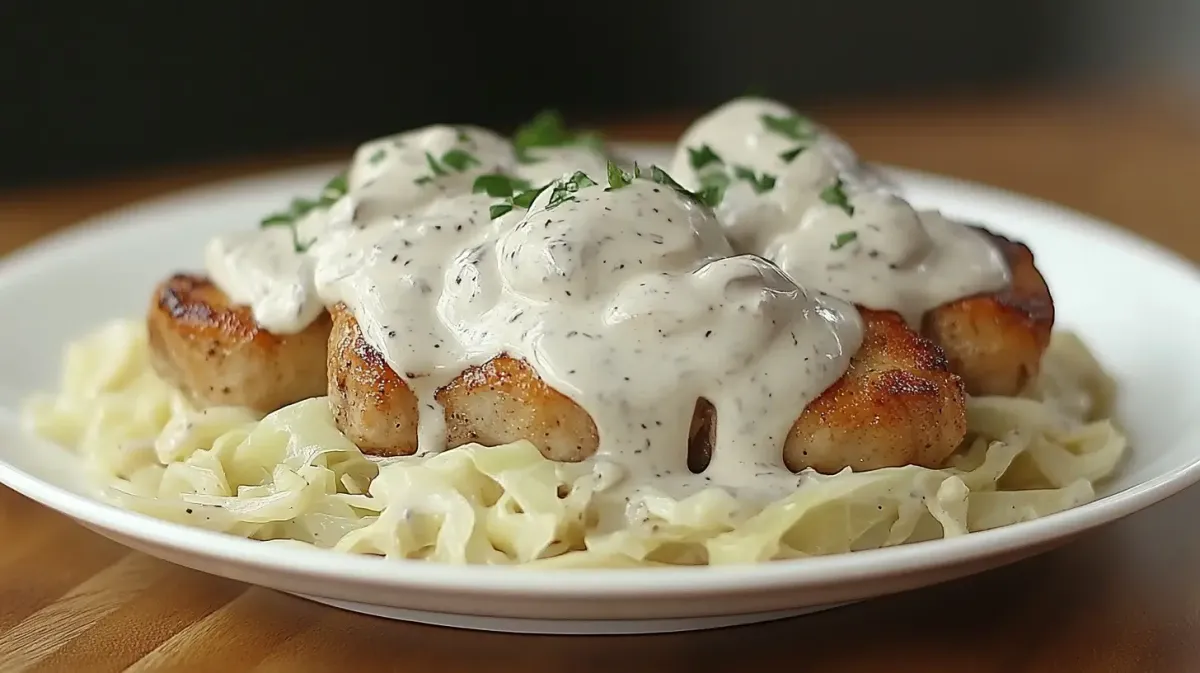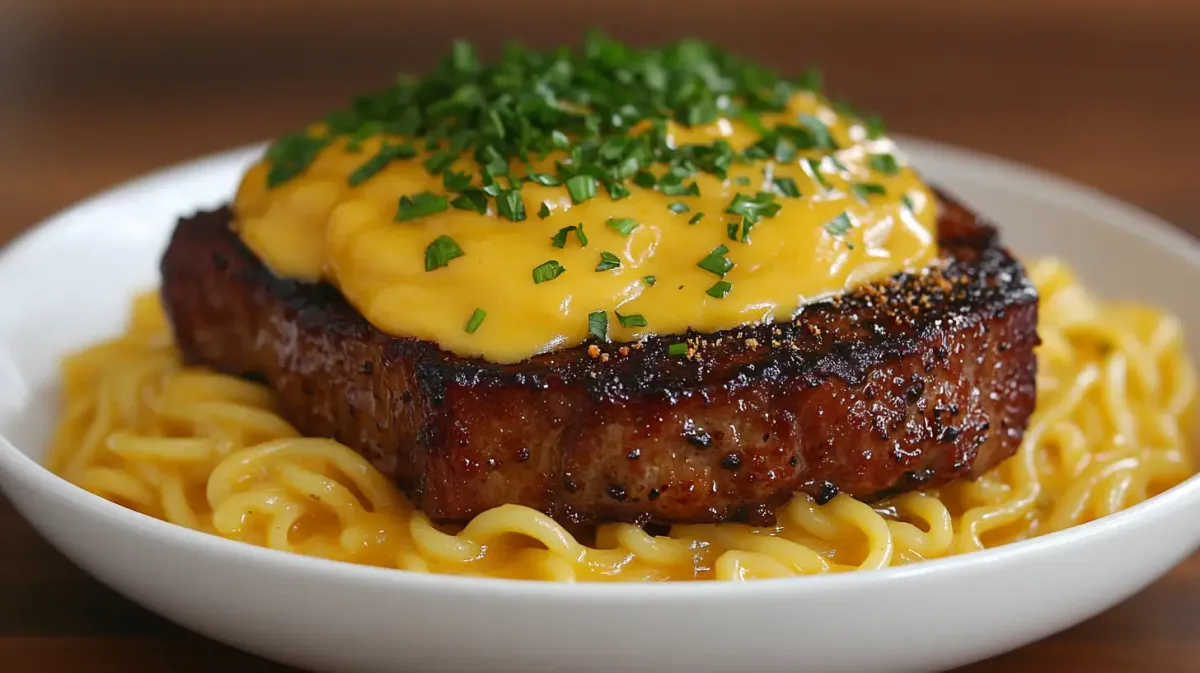- Home
- Pork Chop Vitamins and Minerals
- Vitamins Retained in Pork Chops After Freezing
Vitamins Retained in Pork Chops After Freezing
How to Retain Vitamins in Pork Chops After Freezing: Tips for Maximum Nutrient Preservation

Navigating the Freezer: How Pork Chops Keep Their Nutrients
There's something wonderfully convenient about pulling a pair of pork chops out of the freezer for dinner. However, if you're like me, you might pause and wonder whether these frosty slices still hold their nutritious value after weeks—or even months—locked in ice. I've had countless evenings debating whether to defrost pork chops or opt for a fresh piece from the market. So, let's dive into what really happens to pork chops when you freeze them and how that affects their vitamin content.
Why should this matter to you? Well, understanding how freezing impacts the nutritional value of pork means you can make more informed choices about storing and consuming your meats. This ensures you're maximizing the health benefits from every meal. Ready to become a savvy freezer user? Let’s unravel the details.
Does Freezing Affect the Nutritional Value?
The short answer is—yes, but it's not as significant as you might think. Freezing pork chops does slightly alter their nutritional composition, but the changes aren’t drastic. Most vitamins and minerals are reasonably stable, though there is some loss in vitamin content that occurs with almost all foods when frozen for prolonged periods.
- Vitamin B: Pork chops are a great source of B vitamins, especially B6 and B12, which play a crucial role in energy metabolism and brain health. When you freeze pork chops, the levels of these vitamins decrease only marginally over time. So, you're still getting a good dose of these essential nutrients.
- Minerals: Minerals like zinc and selenium are well-preserved in frozen pork chops. These are essential for various bodily functions, including immune system support and antioxidant activities, and they remain largely unaffected by freezing.
- Protein: The protein content does not change when you freeze pork chops. Protein’s structure and quality remain intact, making it just as valuable for muscle repair and growth as it is in fresh pork.
The way you freeze and thaw your pork chops can also play a big role in nutrient preservation and overall safety. Here's how to ensure you’re doing it right:
Best Practices for Freezing and Thawing Pork Chops
Freezing pork chops properly and safely thawing them ensures that they not only retain most of their nutritional value but also their flavor and texture. Here are my tried-and-true tips for handling frozen pork chops:
- Freeze Quickly: Quick freezing helps to preserve the texture and nutritional content. Try to place your pork chops in the coldest part of your freezer immediately after purchase or preparation.
- Use Airtight Packaging: Minimize exposure to air by using vacuum-sealed bags or tightly wrap the chops in plastic wrap and aluminum foil. This helps prevent freezer burn and vitamin loss.
- Thaw Safely: Always thaw your pork chops in the refrigerator or in cold water, never on the countertop. Gradual defrosting in the fridge helps maintain the integrity of the meat's texture and ensures even thawing, which is crucial for uniform cooking.
Remember, proper freezing won’t just conserve the nutritional value; it will also give you the best culinary result when it's time to cook those chops!
Ready to Cook: Bringing Your Pork Chops to Life
Now that you’ve got your beautifully preserved, nutritious pork chops thawed, it’s time to cook them up. Here’s a simple yet delicious recipe to maximize the flavor of your chops without sacrificing those important nutrients:
Simple Herb and Garlic Pork Chops
- Ingredients:
- 4 pork chops, thawed
- 2 tablespoons olive oil
- 4 cloves garlic, minced
- 1 teaspoon dried thyme
- 1 teaspoon dried rosemary
- Salt and pepper to taste
- Instructions:
- Preheat your skillet over medium heat and add the olive oil.
- Season the pork chops with salt, pepper, thyme, and rosemary.
- Add the minced garlic to the skillet and sauté until fragrant.
- Place the pork chops in the skillet and cook for about 4-5 minutes on each side or until they reach an internal temperature of 145°F.
- Let them rest for three minutes after removing from the skillet and then serve.
Voila! You’ve turned a simple frozen piece into a gourmet meal. Not only do these pork chops taste great, but they also offer a great range of nutrients just as if they were fresh from the market.
Final Thoughts
By understanding the effects of freezing on pork chops, you can craft delicious, nutritious meals that work with your schedule and storage options. Whether you're cooking for health, pleasure, or a bit of both, knowing you’re not sacrificing nutritional value for convenience can make those quick weeknight dinners feel just a bit more special. So next time you're looking at that freezer, remember: It’s not just a cold box but a treasure chest full of tasty, healthy opportunities!



